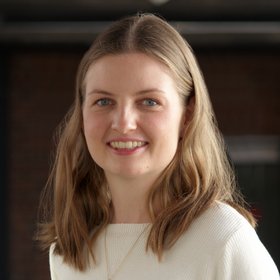Falciparum malaria
Clinical evaluation of AntimalarialS tri-therapy with AtovAquone Proguanil for malaria treatment in African children (ASAAP)
ASAAP is a clinical trial research to evaluate the efficacy, safety, tolerability and pharmacokinetics of a new antimalarial drug combination, with particular focus on its successful application in one of the largest and most vulnerable demographics of Africa – i.e. children 0-5 years old. The overall aim is to develop new antimalarial treatments by combining existing, efficacious medicines for treatment of malaria in African children by promoting African and European research collaboration and strengthening the capacity of African institutions to conduct clinical research.
ASAAP is part of the European and Developing Countries Clinical Trials Partnership 2 (EDCTP2) program supported by the European Union (EU) and receives funding from the German Federal Ministry of Education and Research (BMBF) and the National Institut of Health and Medical Research in France (INSERM).
Check out the ASAAP project homepage and the EDCTP website.
Phase IIIB/IV cohort event monitoring study to evaluate, in real life setting, the safety and tolerability in malaria patients of the fixed-dose-based combination therapy Pyramax® (pyronaridine-artesunate) – the CANTAM-Pyramax trial
Check out the product information, the press release of the CANTAM-Pyramax trial and the WHO information note on the updated use of pyronaridine-artesunate.
Non-falciparum malaria
Effectiveness of pyronaridine-artesunate against Plasmodium malariae, Plasmodium ovale spp, and mixed-Plasmodium infections: a post-hoc analysis of the CANTAM-Pyramax® trial
High-quality evidence for the therapeutic efficacy and effectiveness of antimalarials for infections caused by Plasmodium malariae, Plasmodium ovale spp, and mixed-Plasmodium infections is scarce. This Medicines for Malaria Venture - funded study aims to analyze the efficacy of pyronaridine–artesunate for the treatment of non-falciparum and mixed-species Plasmodium infections from a large phase IIIb/IV clinical trial.








